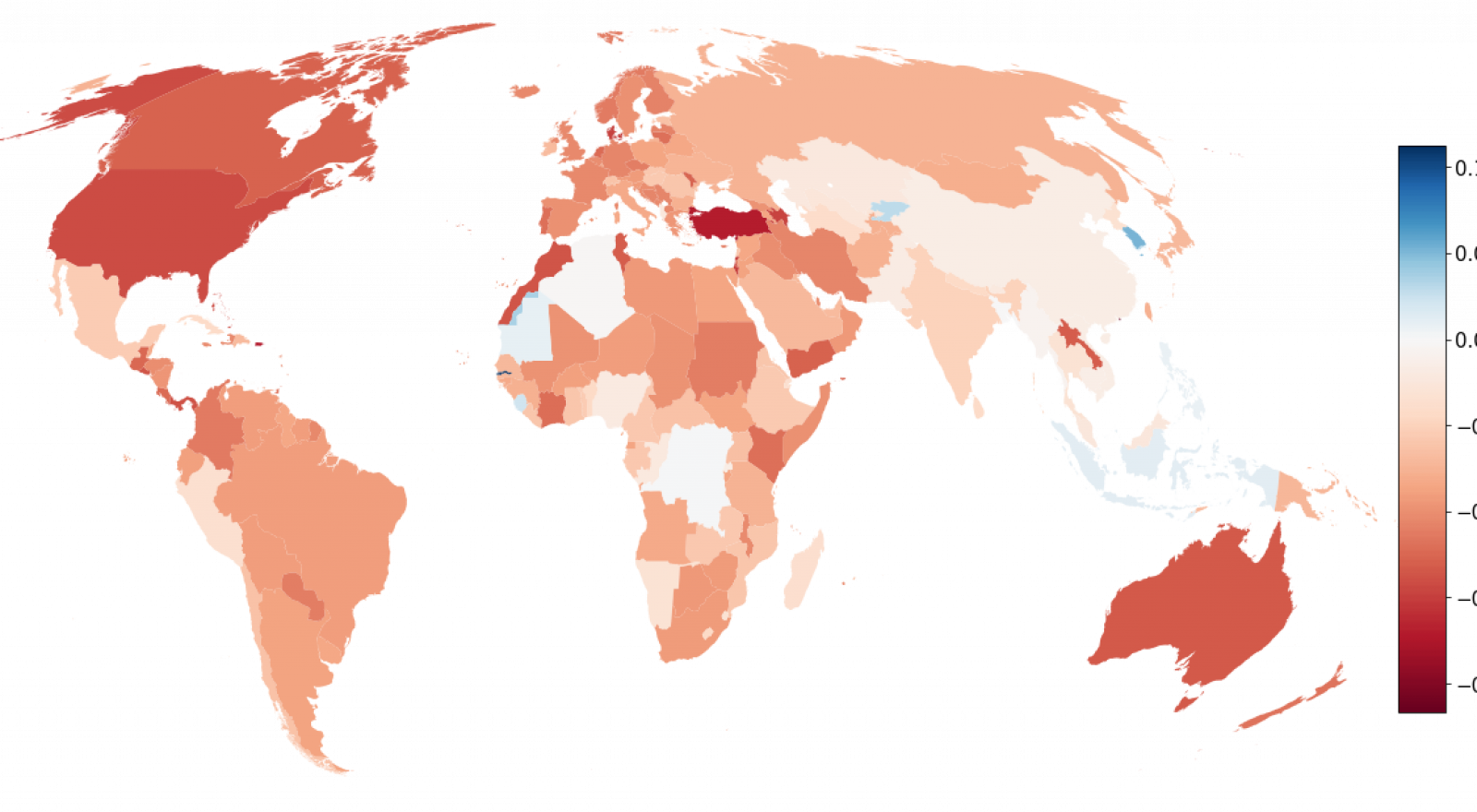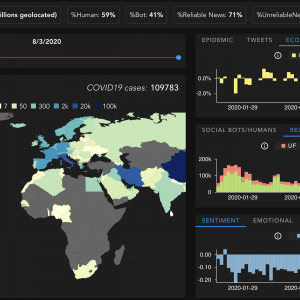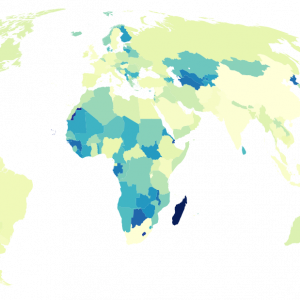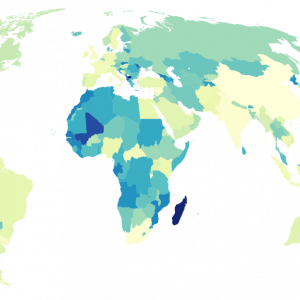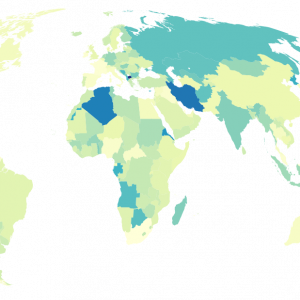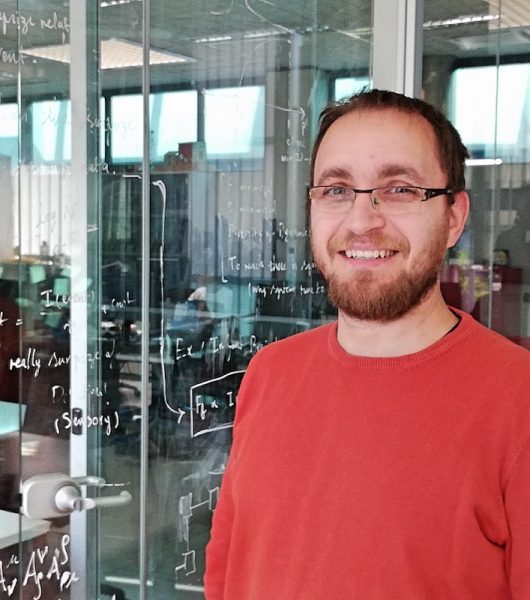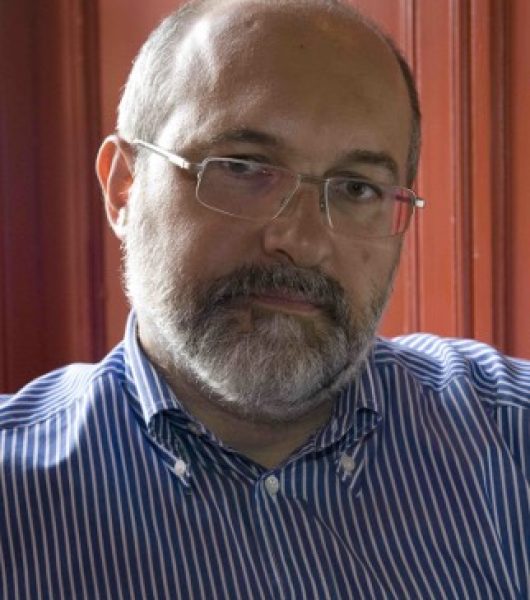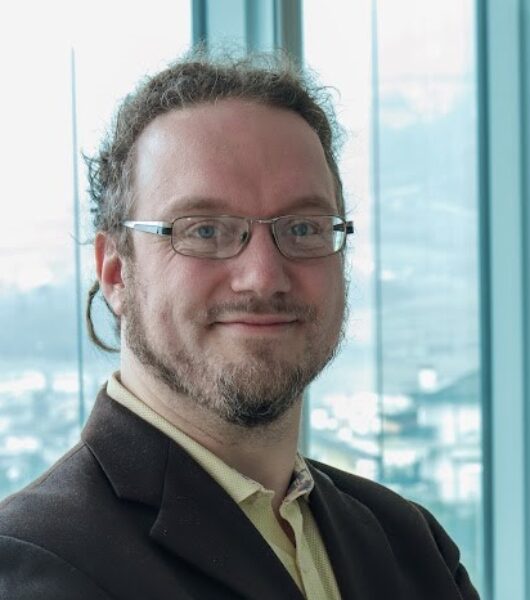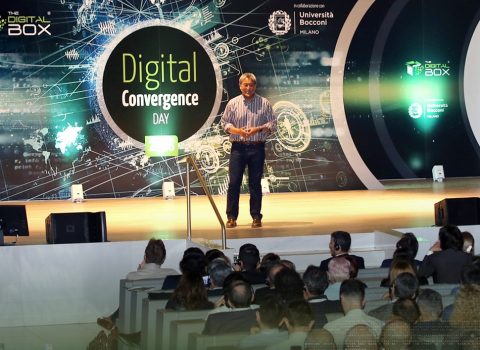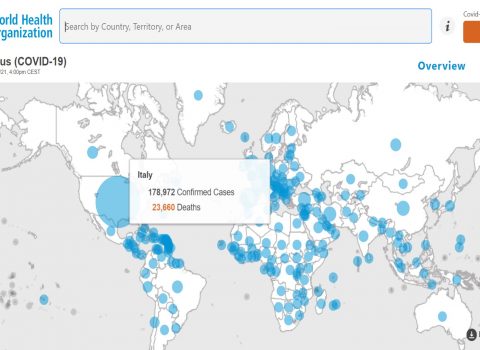
Measuring fake news about Covid-19
Too many countries are exposed to fake news: the CoMuNe Lab research unit (FBK) has analyzed conversations on twitter on a global level, discovering that the behavior of users and bots on social media produced faults in the correct information, especially in Italy before the arrival of the first cases of contagion
A new study by Fondazione Bruno Kessler provides us with a so far unique perspective at the world level on the relationship between the evolution of the global COVID19 epidemic and the informational dynamics on social media which preceded and accompanied its diffusion. The analysis of such phenomena becomes accessible to everybody through an online digital platform that allows every user to carry out analyses and to look into the situation of each country from the outbreak moment onwards. This resource is made available to the entire scientific and professional community to multiply as much as possible the efforts of understanding and analysis in a situation of major social emergency like the present one.
The gathered data allow to check how, for certain countries such as Italy, France and the United States, the diffusion of the contagion has been preceded by a sudden, atypical increase in the activity of both human subjects and artificial agents (the so called ‘social bots’) aimed at spreading unverified information classifiable as various types of fake news. It is possible to think of this phenomenon as a real ‘infodemic’, i.e. as an un-controlled propagation of highly socially dangerous information. Some further analysis of the available data will allow to single out many more phenomena that call for a better understanding by the scientific community, as well as by communicators and political decision makers.
“Our platform will allow anybody to monitor the risk of infodemic exposure of all countries in the world where Twitter is in use”, says Riccardo Gallotti, FBK researcher, a statistical physicists of collective human behaviors.
According to Pier Luigi Sacco, FBK researcher, expert in public policy, faculty associate at the Berkman Center for Internet & Society at Harvard University and professor at IULM University MIlan: “infodemics are the socio-cognitive equivalent of infective processes. Spreading information or ideas that, in the middle of a health crisis, systematically mislead the public opinion and prompt people to make wrong choices becomes a public health issue as, and as much as, the epidemic itself”.
According to Manlio De Domenico, complex systems scientist and Head of the Research Unit Complex Multilayer Networks Lab at FBK, who led the team behind the study: “infodemics present characteristics very close to those of epidemics, with millions of users who are unaware to be exposed to unreliable news spread online by social manipulators – not necessarily human”.
